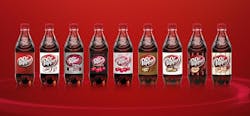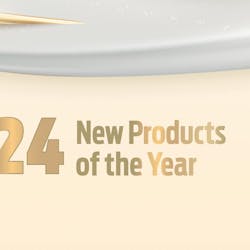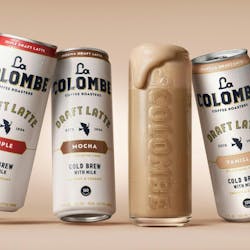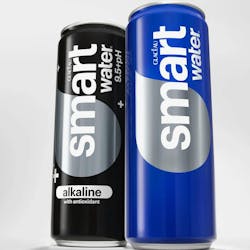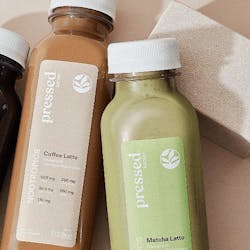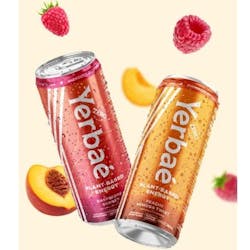Dr Pepper Snapple Group, Inc. announced a lawsuit against Dr Pepper Bottling Co. of Dublin, Texas, in an effort to end numerous practices by the bottler that violate its license agreement.
The suit, filed today by DPS subsidiary Dr Pepper/Seven Up, Inc., in U.S. District Court in the Eastern District of Texas, charges that the Dublin bottling company is selling Dr Pepper beyond the six-county territory designated in its license agreement. The suit also seeks to end the bottler's unauthorized use of the term "Dublin Dr Pepper" on product packaging and on other merchandise.
"Dr Pepper is one of the most iconic trademarks in the U.S. because of its one-of-a-kind taste and the many Dr Pepper bottlers across the country who've helped us build the brand and its passionate consumer following over a span of 126 years," said Jim Johnston, president of beverage concentrates for DPS in a prepared statement. "In the simplest terms, the bottler in Dublin is using a logo that is no longer authorized and is taking business from fellow Dr Pepper bottlers who play by the rules and sell within their defined territories. We owe it to our other bottlers to stop these unauthorized practices."
DPS owns the Dr Pepper brand and through its subsidiaries licenses it to more than 170 bottlers across the U.S. and Canada. Dr Pepper Bottling Co. of Dublin's license territory includes Comanche County, Texas, and parts of five nearby counties in Central Texas. However, the bottler is violating its agreement by selling Dr Pepper beyond its territory via its website, a toll-free telephone number and to retailers and restaurants in areas licensed to other Dr Pepper bottlers.
The Dublin bottler is one of several Dr Pepper bottlers in the U.S. to use cane sugar as the sweetener in its product, but it is the only one to use the Dr Pepper trademark in an unauthorized manner. According to the lawsuit, marketing the product as "Dublin Dr Pepper" undermines the integrity of the Dr Pepper trademark, creates a misconception among consumers that the product is different from other Dr Pepper made with cane sugar and is unfair to bottlers who have the exclusive rights to sell Dr Pepper in bottles and cans to consumers in their territories.
The company has tried in good faith to resolve these issues directly with the Dublin bottler, providing new packaging graphics that are consistent with Dr Pepper brand standards and guidelines. But the bottler's continued refusal to sell only within its territory and its unwillingness to end the unauthorized use of the term "Dublin Dr Pepper" unless it is compensated have left DPS no other option but to pursue legal remedies.
"We highly value all of our bottlers, including Dublin, and taking them to court is a difficult decision that we have tried to avoid," said Johnston.
DPS is not currently seeking financial damages with the lawsuit. It is simply asking the court to require Dr Pepper Bottling Co. of Dublin to honor the terms of its license agreement or forfeit its license.
The Dublin bottler could continue to produce Dr Pepper with cane sugar, but only in approved packaging and only in its assigned territory. Dr Pepper made with cane sugar is also available through other bottlers in many Texas markets, including Dallas/Fort Worth, Houston, Waco and Temple, as well as in parts of North Carolina.
